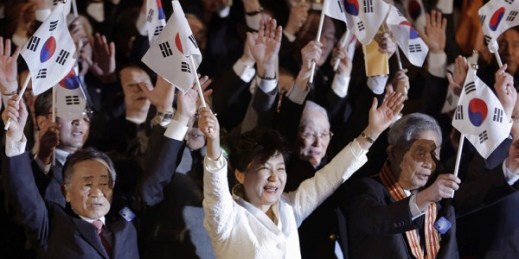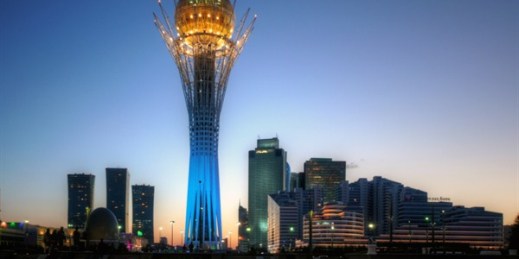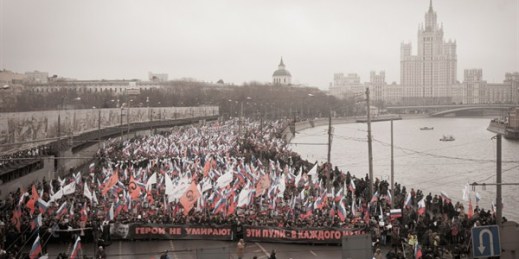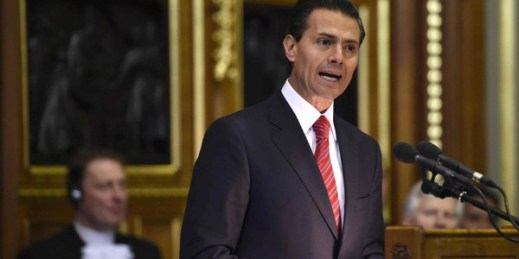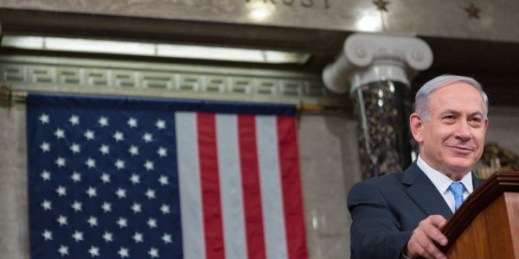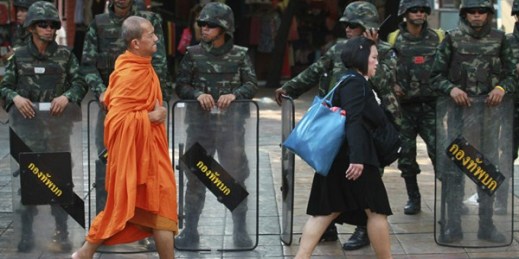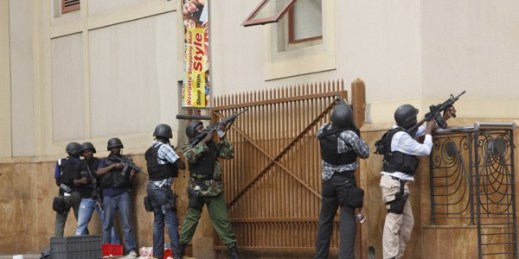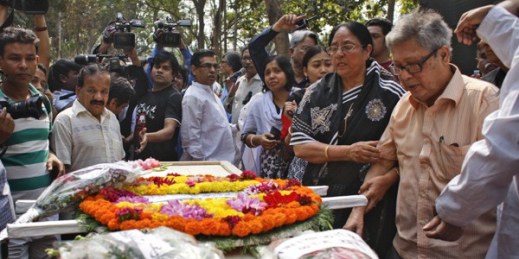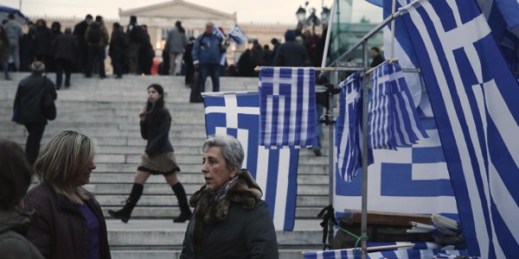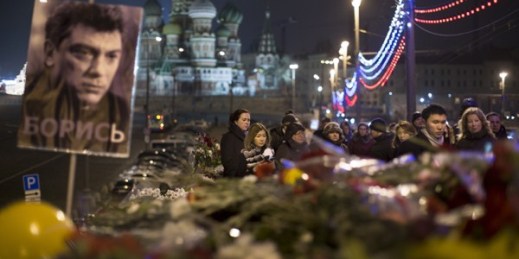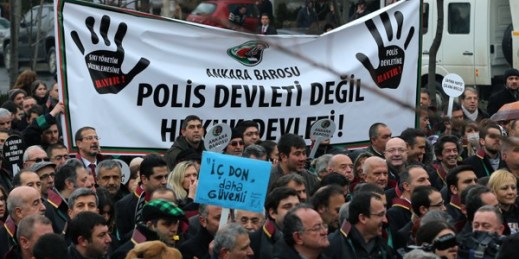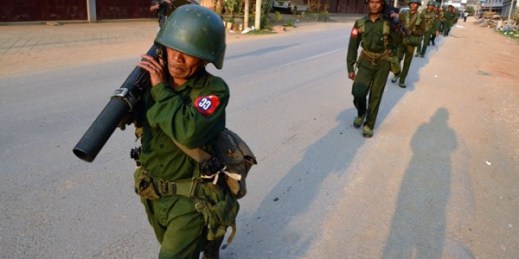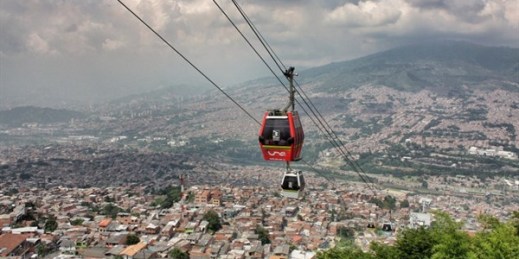
Anyone trying to understand Latin American politics should pay close attention to urban areas. Of the 600 million people in the southern part of the Americas, 80 percent now live in cities. However, old narratives die hard, which explains why English-speaking articles about Latin America still disproportionately focus on rural issues, peasant struggles, land reform and related topics. Of course, these issues remain relevant, because land ownership, rural or urban, is still a major source of conflict. But it is clear that urban issues will increasingly dominate the region’s political future. Take for instance Venezuela, the most polarized—not to say […]

